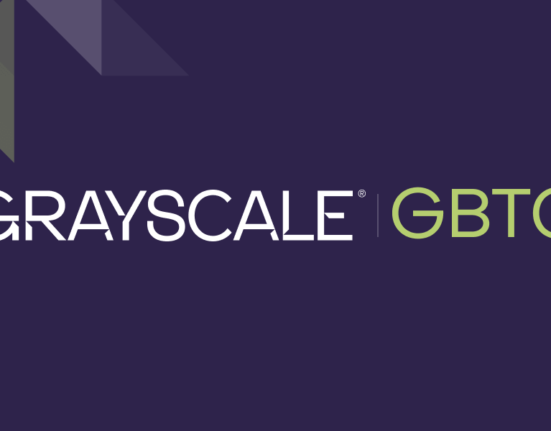In a landmark decision that could reshape cryptocurrency regulation, the U.S. Court of Appeals for the 5th Circuit has overturned government sanctions against Tornado Cash, a controversial blockchain service that allows users to anonymize cryptocurrency transactions.
The ruling marks a significant victory for digital privacy advocates and cryptocurrency companies, effectively blocking the U.S. Treasury Department’s attempt to restrict access to the platform. Cryptocurrency exchange Coinbase, which spearheaded the legal challenge, celebrated the decision as a crucial protection of technological freedom.
At the heart of the dispute was OFAC’s claim that Tornado Cash was a critical tool for international cybercriminals, particularly North Korean hackers who have used the platform to launder millions of dollars in stolen cryptocurrency. The Treasury Department had previously characterized the service as a “notorious” crypto-mixing platform that facilitated illicit financial activities.
Also Read: Scaling Blockchain Networks: The Role of Polkadot Parachains in Enhancing Performance and Security
However, the appeals court rejected this characterization, ruling that Tornado Cash’s immutable smart contracts do not constitute “property” of a foreign entity and therefore cannot be sanctioned under existing economic powers legislation. The judges acknowledged the complex technological landscape, noting the challenges of applying traditional regulatory frameworks to rapidly evolving digital technologies.
The court’s decision has already had immediate market implications. Tornado Cash’s native cryptocurrency token, TORN, experienced a dramatic surge, rallying over 500% in the hours following the ruling and breaking through the $20 price point.
Paul Grewal, Coinbase’s chief legal officer, praised the ruling as a “historic win for crypto,” emphasizing its importance for protecting digital privacy rights. The decision potentially sets a precedent for how decentralized technological platforms might be approached by regulatory bodies in the future.
Privacy wins. Today the Fifth Circuit held that @USTreasury’s sanctions against Tornado Cash smart contracts are unlawful. This is a historic win for crypto and all who cares about defending liberty. @coinbase is proud to have helped lead this important challenge. 1/6
— paulgrewal.eth (@iampaulgrewal) November 26, 2024
Legal experts suggest the ruling could prompt a broader reconsideration of how cryptocurrencies and blockchain technologies are regulated, potentially forcing government agencies to develop more nuanced approaches to addressing technological risks without compromising fundamental digital freedoms.
As the cryptocurrency industry continues to evolve, this court decision represents a critical moment in the ongoing dialogue between technological innovation, privacy rights, and governmental oversight.

Subhadra, a seasoned research analyst, specializes in distilling complex developments in blockchain and AI into insightful narratives. Her expertise lies in providing a nuanced understanding of emerging technologies, making her a trusted source for in-depth and up-to-date analysis at the intersection of blockchain and AI.







